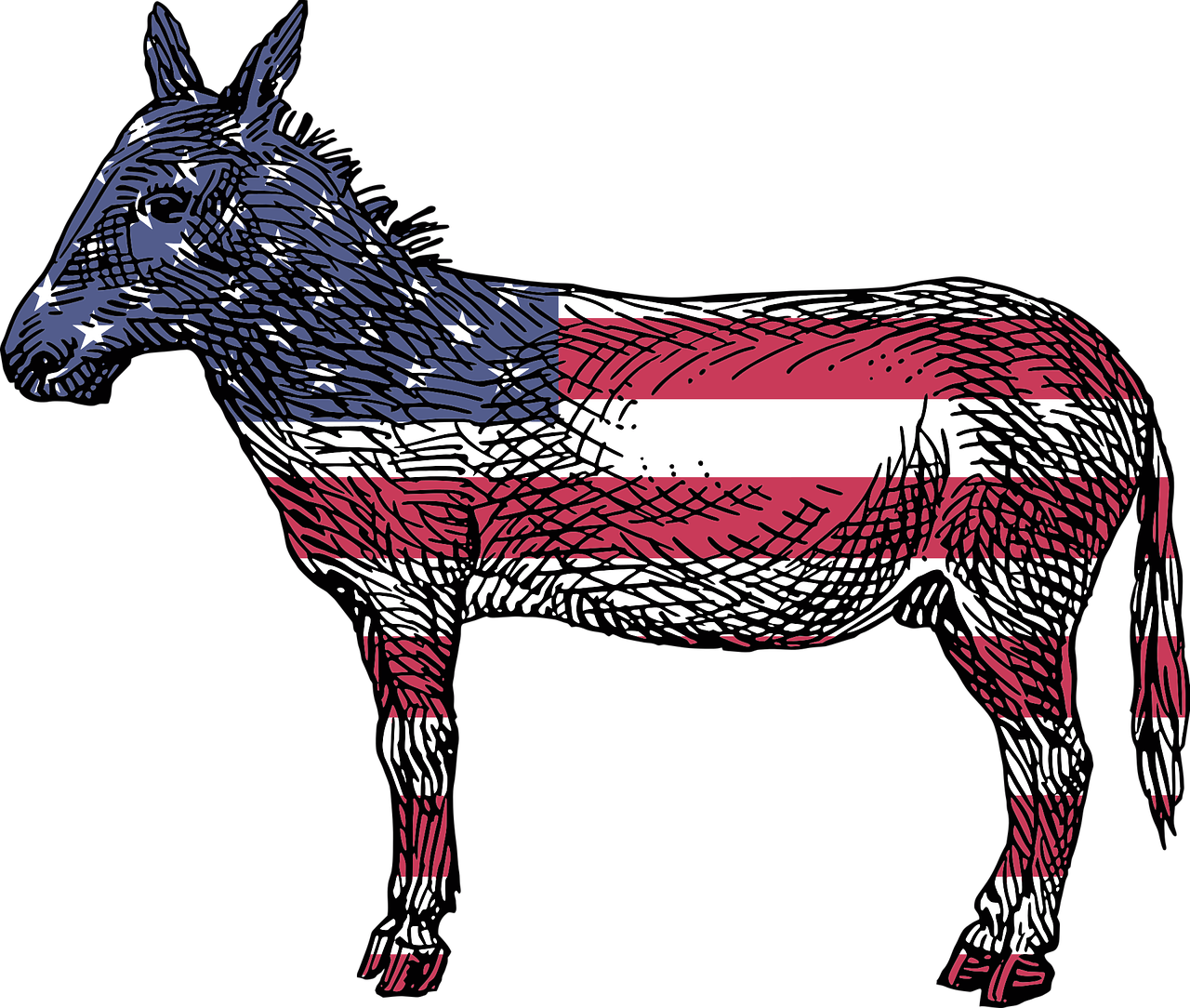In an era defined by increasing political polarization and a deeply divided society, a growing number of voices are questioning whether self-proclaimed American liberals have drifted away from the principles they claim to uphold. While liberalism is historically associated with tolerance and open discourse, some argue that many so-called liberals are embracing a culture of ostracism and cancelation. This has raised questions about the true origins of liberal values and whether they are being upheld in contemporary America.
The Dilemma of Ostracism
Central to the debate is the issue of cancel culture, which has permeated many aspects of American society. Cancel culture, characterized by the boycotting, ostracizing, or deplatforming of individuals due to perceived offensive statements or beliefs, has ignited a contentious discussion about free speech and the boundaries of tolerance. Critics argue that cancel culture goes against the very essence of liberal values by suppressing freedom of expression.
Tolerance vs. Ostracism
Historically, liberalism has been associated with values such as individual rights, free expression, and tolerance for diverse viewpoints. True liberals, as the argument goes, would be expected to foster an environment of open dialogue, allowing for the peaceful coexistence of different perspectives.
However, in recent years, prominent figures have been ‘canceled’ for holding unpopular opinions, and the public square appears to be shrinking for dissenting voices. This departure from the principles of classical liberalism has led some to question whether many self-proclaimed liberals are upholding the values they claim to represent.
The Ongoing Debate
The issue of cancel culture and ostracism is multifaceted. While some argue that it is essential to hold individuals accountable for hate speech or harmful actions, others emphasize the importance of protecting free speech and the exchange of ideas, even when they challenge the status quo.
Prominent liberal figures such as Noam Chomsky have criticized cancel culture, stating that it stifles free expression and inhibits meaningful discourse. Chomsky emphasizes that true liberalism should entail the encouragement of diverse perspectives, even when those perspectives are unpopular or challenging.
The True Origin of Liberal Values
To gain insight into the origins of liberal values, it is important to turn to the roots of liberal philosophy. Classical liberalism, epitomized by thinkers like John Locke and John Stuart Mill, championed individual rights, freedom of speech, and tolerance for differing opinions. These principles laid the foundation for modern liberal thought.
A Call for Self-Reflection
As the debate surrounding ostracism and cancel culture continues to divide the nation, it is essential for all Americans, regardless of their political affiliation, to engage in self-reflection. The true essence of liberal values lies in fostering open discourse, protecting individual rights, and upholding the principles of tolerance. A departure from these values could lead to a less democratic, less free, and less tolerant society.
In conclusion, the increasing prevalence of cancel culture in American society has sparked a debate about the authenticity of liberal values in the United States. While the issue remains highly contentious, it is crucial to reflect on the true origins of liberal principles, which emphasize free speech, tolerance, and individual rights. True liberalism, as embodied by classical liberal thinkers, encourages the exchange of diverse ideas and open dialogue, challenging us all to consider whether these values are being upheld in today’s political landscape.











